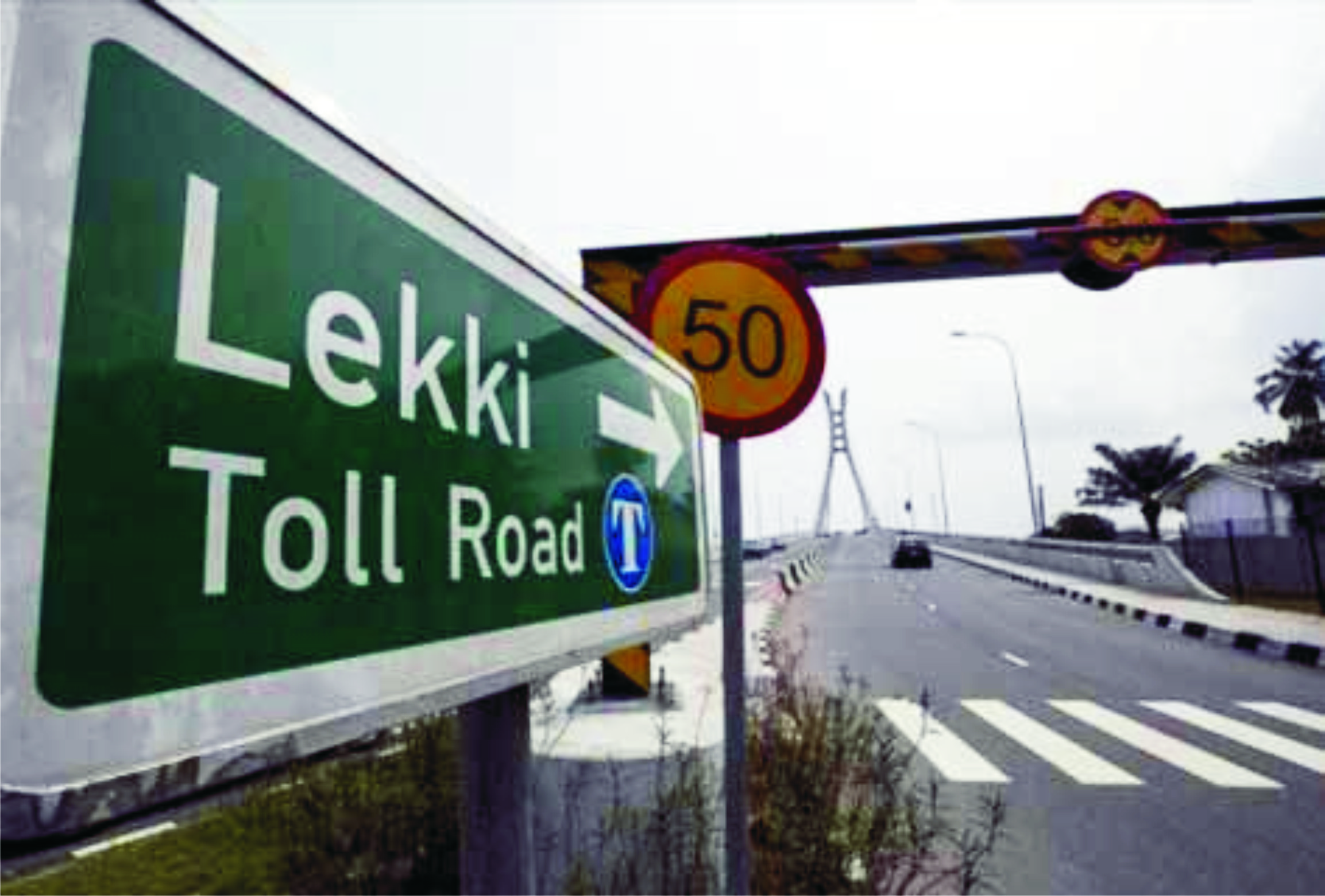Editorial
Before The Toll Gates

Ostensibly exploring ways and means of expanding its revenue profile and capital inflow, the Federal Government’s recent pronouncement to re-introduce toll gate scheme on federal highways, with its inherent inflationary implications on prices of goods and services may not necessarily be the panacea to the nation’s economic woes. Rather, it will further impoverish the masses who, from all indications and current realities, are already groaning and battling with life – no thanks to public policies that have made life nightmarish and gruesome.
Obviously, Nigerians are over-burdened and this perhaps informed the reason why the country is currently rated as “World’s poverty capital” with over 100 million people living in less than one United States (US) dollar per day. Instead of government to decisively initiate welfare policies that could cushion the effects of near-strangulation of the masses, especially the middle class, it is rather opting for the worst.
It is against this backdrop that the proposed re-introduction of toll gates on our highways becomes curious, vexatious and unacceptable to all well-meaning Nigerians. Indeed, it is an over-kill on the masses as prices of goods and services will shoot up without commensurate palliatives to cushion the effects on the citizenry.
Worse still, the 2020 federal budget now before the National Assembly has failed to capture the controversial fuel subsidy, implying that pump price of petroleum products may be increased in the 2020 fiscal year. In essence, motorists, particularly commercial transporters will be forced to pay more – courtesy of toll gates and high fuel prices. What is more, the budget also jerked Value Added Tax (VAT) from five percent to 7.5 percent on non-oil tax revenue from which government expects N1.81 trillion in the next fiscal year.
While The Tide may not be totally against government initiative of funding the budget so as to reduce excessive borrowing which is impacting negatively on the nation’s economy, it is our candid view that the Muhammadu Buhari-led administration must place the interest and well-being of Nigerians above other considerations. There, indeed, can be no country without its citizens. All public policies must, therefore, be tailored towards making the citizens vibrant, resourceful and self-sufficient.
Perhaps, that is why analysts and stakeholders think that government should take another look at the toll gates plan with a view to jettisoning the scheme till a later date. The Tide, indeed, agrees with this school of thought.
We recall that at the end of last week’s Federal Executive Council (FEC) meeting, the Minister of Works and Housing, Babatunde Fashola said: “We expect to return toll plazas and have concluded designs for them”. Though, Fashola did not give further details, it is quite understandable that in this era and time, when virtually all federal highways are in shambles, the right path to go should be to put these roads in good shape before executing the scheme.
The toll gate system was in place when the country’s highways were in good shape but the administration of former President Olusegun Obasanjo stopped it in 2004 due mainly to corruption that rocked the scheme. And we think that for toll gates to resurface, government must ensure that all mechanisms are in place to ensure that the scheme will not go the way the last one went.
Whereas we subscribe to bolstering non-oil revenue base to finance critical sectors of the economy, especially addressing the country’s huge infrastructural deficit, we think that it must be done with a human face. The poor, like the rich and wealthy all have natural rights that must be protected always as guaranteed by the 1999 Federal Constitution (as amended).
Let the return of toll plazas not be another platform for corruption, misappropriation and mismanagement of public funds. The sad experience of the scheme in the past is still very fresh in the consciousness of Nigerians and that was why former President Obasanjo scrapped it.
We wonder how President Buhari’s self-professed inclination of lifting 100 million Nigerians out of poverty will work when the toll system will negatively impact on poor people who depend on goods and services for survival.
The major concern of any government worth its salt is the welfare of the people. The present administration should, therefore, prove to critics and cynics that it is not paying mere lip service to its social intervention programmes. Its welfare policies should not be seen as a Greek gift and this is why we say ‘No’ to the toll system for now.
Government should strive to block all leakages of revenue generation, particularly from wealthy Nigerians, to mop up funds for the public good. Moreso, deliberate efforts must be made to cut down on cost of governance through merging of some Ministries, Departments and Agencies (MDAs), some of which have duplicated responsibilities and functions, instead of the government deliberately over-burdening the citizenry through the toll system or other policies which are inimical to the public good.
Most importantly, the Buhari administration should leverage on expert advice on how to diversify the economy without much stress on the populace.
Editorial
Beginning A New Dawn At RSNC

Editorial
Sustaining OBALGA’s Ban On Street Trading

Editorial
AFCON ’25: Bravo, Super Eagles, But…

-

 Politics4 days ago
Politics4 days agoAPC Releases Adjusted Timetable For Nationwide Congresses, Convention
-

 Sports1 day ago
Sports1 day ago2026 WC: Nigeria, DR Congo Awaits FIFA Verdict Today
-
Sports4 days ago
DG NIS Wants NSC Board Constituted, Seeks Increased In Funding
-

 Business4 days ago
Business4 days agoCustoms Seek Support To Curb Smuggling In Ogun
-

 Featured4 days ago
Featured4 days agoINEC Proposes N873.78bn For 2027 Elections, N171bn For 2026 Operations
-

 Sports4 days ago
Sports4 days agoSWAN Rivers Set-up Five Functional Committees
-
Sports4 days ago
NSC Disburses N200m Training Grants To 26 Athletes
-
News4 days ago
Police Bust Kidnapping Syndicate In PH

